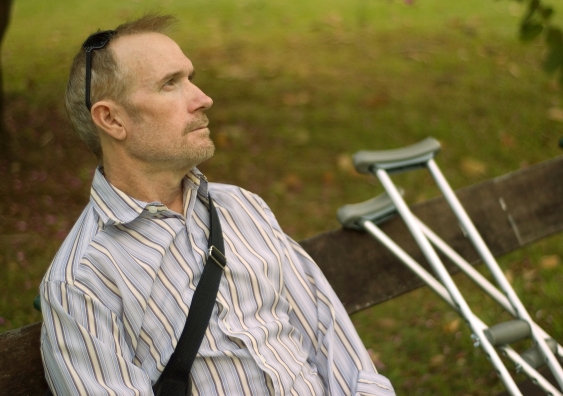Changes needed before NDIS roll-out – study
More support is needed to help people find accomodation and work before the National Disability Insurance Scheme can be rolled out in 2018, UNSW research shows.
More support is needed to help people find accomodation and work before the National Disability Insurance Scheme can be rolled out in 2018, UNSW research shows.

Susi Hamilton
UNSW Media Office
0422 934 024
susi.hamilton@unsw.edu.au
The National Disability Insurance Scheme, which could profoundly change the lives of people with disability and their families, needs further support to be effectively rolled out around the country in 2018, according to UNSW research.
The NDIS aims to give people with disability more control over finances and services they use, by tailoring support to their needs.
But new research, which was carried out with 150 people in NSW who are trialling similar personalised approaches, found there are areas which could be improved, particularly involving appropriate work and accommodation.
“We know that the NDIS is a good thing, we’re just aiming to fix the bits that aren’t working,” says project leader UNSW Associate Professor Karen Fisher, who noted that the end of institutionalised care has brought new opportunities.
One of the nine programs the researchers looked at was focused on establishing group housing.
“While waiting to establish the shared housing, some families helped people with disabilities find housing alone, or with friends,” says Associate Professor Fisher from UNSW’s Social Policy Research Centre (SPRC). “That’s been so successful that they no longer plan to live in a group home.”
The research shows such a step might actually be more cost-effective.
“There can be a false economy in putting people together, because if individuals don’t get on, they start behaving in anti-social ways,” she says. “That might mean having a doctor or psychologist on hand, instead of someone to help people with food and clothing.”
Associate Professor Fisher says one of the other big implications of the NDIS is that the end of old approaches, like institutions and sheltered workshops, means more support is needed to find and work in jobs in the open employment market.
“We need more a more sophisticated approach, where housing support workers can link people to employment support workers too.”
Dr Rosemary Kayess, also from the SPRC, who is the human rights expert on the project, says: “It is not enough to fund support, if people do not have the control to use it in the ways they know are best for what they want to achieve.”
You can read the full report here.
The NSW Department of Family and Community Services, Ageing, Disability and Home Care commissioned the SPRC to evaluate the programs.